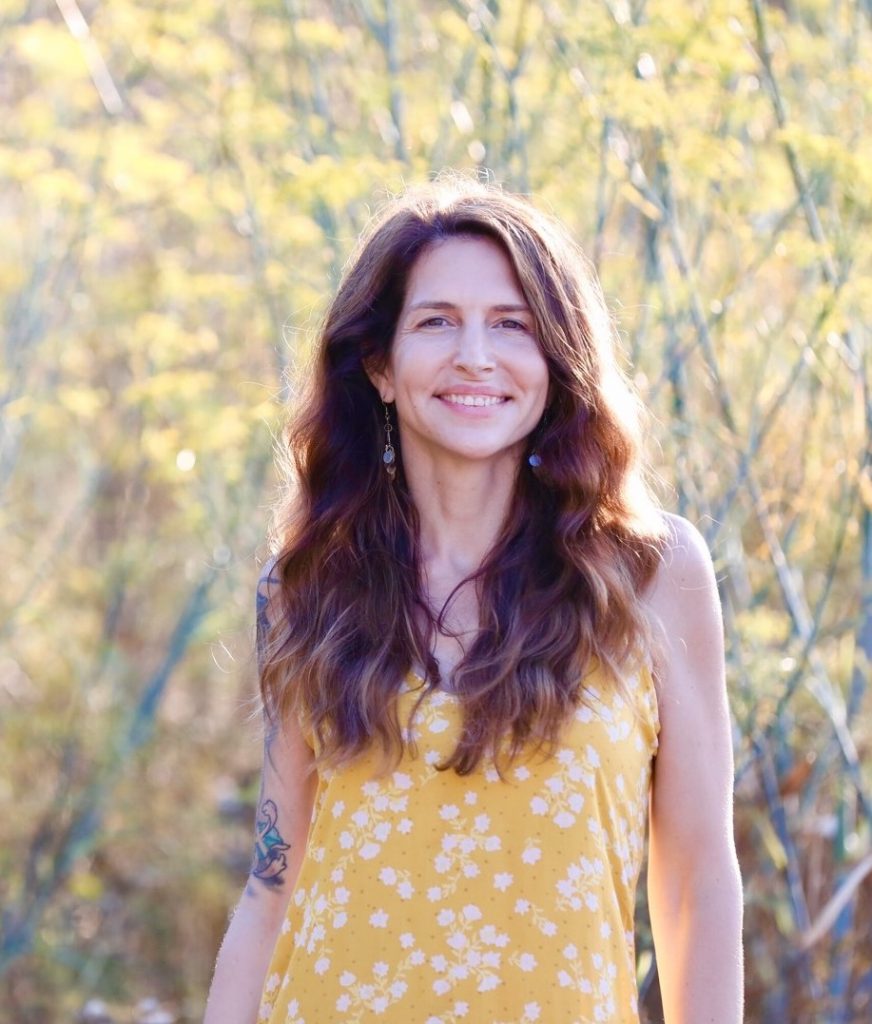It\’s easy to feel disempowered when reading the news, driving down the street, or simply moving through life. We read about the recent terrorist attack in Paris. We get stuck in traffic next to a driver who yells profanely at the person who cut him off. We find out that a family member became sick. And we slowly emotionally withdraw from the world around us.
Throughout our lives, we experience so many negative things that it can seem impossible that our actions could make a positive difference or have a lasting impact on this ever-changing world. We ask ourselves: how can one person change the world – how can I stop hatred, face adversity, and create social equity? When we don\’t come up with an answer, we resign ourselves to the \”fact\” of negativity. We stop ourselves from seeking solution.
The hard truth is, though, that apathy is noxious. Giving up in the face of adversity leaves us feeling like a half a person.
Yet – as many brilliant leaders have shown us – you can’t fight your way to a better world. When we use anger and angst to resolve a problem we only create a new problem or compound the old one.
We need different tools to create the change we desire. These tools are love, truth and compassion. They make up a set of holistic and healing approaches to adversity that transforms the world around us. The best part is that these tools have always been with us.
I believe that the entire world benefits when you choose to build your life with these tools. Bringing love, compassion and truth to each situation you face takes practice, though. And this is why I developed my LifeWork Virtual Program – which offers weekly practices that help you cultivate awareness and develop skills that make your life easier and more rewarding.
These practices are instrumental in creating positive change in the world around us. For this week\’s article, I\’m going to talk about three of these practices today.
Love
\”Hatred does not cease by hatred, but only by love; this is the eternal rule.\” Buddha
- Love is the most powerful, world-changing tool we have. I\’m fully aware of how Pollyanna this sounds. My challenge to you, though, is: try it! Get your heart-broken, feel disrespected, lose something you really cherish and see how quickly you can move on from the negativity you feel into LOVE. It takes a high degree of awareness and sophistication to experience our negativity and move beyond it into a place of love. Anyone who has walked this path knows that this is the way of a REAL bad-ass.
- The first thing we need to do is cultivate love inside ourselves. To do this we need to hunt down the barriers to love that live within us more ferociously than we hunt down barriers to love in the world outside us.
- This does not mean that we turn hatred toward these parts of ourselves. It means we see them, accept them and let them go.
Truth
\”If you bring forth what is within you, what you bring forth will save you. If you do not bring forth what is within you, what you do not bring forth will destroy you.\” Jesus Christ
- Truthfulness is a time-honored and respected trait. To be truthful is to be honest and trustworthy. It requires a commitment to speaking and acknowledging the truth, and to acting with integrity. When we have our truth we also have our respect and love.
While philosophically there are many types of truth, the truth I\’m talking about here has a dynamic holism that is much more easily experienced than written about.
- There is a paradox around truth, though, and it\’s this: truth does not make anything untrue. Whenever you negate something, there is a lie present. Truthfulness allows for multiple perspectives in a way that honors each of those perspectives.
- One very common example of this is that if you make yourself wrong you\’re not living your truth – nor are you allowing others to live theirs.
Compassion
\”No man is a true believer unless he desireth for his brother that which he desireth for himself.\” Muhammad
- To be compassionate is to open your heart to the suffering of others. Compassion, to me, is a healing action. When we offer compassion to ourselves or others we are, in fact, healing ourselves or others. One of the best ways to practice compassion is to tend to our own pain and suffering. Without a doubt, one thing we gain from our own hardship is an ability to give love to others while they experience hardship of their own.
- Still, sometimes we might find ourselves feeling closed off or judgmental about others who are in a difficult spot. We can feel wronged and because of this feel justified in wanting understanding from the other person. When we do this, we withhold our compassion and do not give our understanding to the person we feel wronged us.
- If you want to have an impact on the world, each time you feel wronged stop and take a moment to understand the other person\’s perspective.
While none of these skills are easy, they are all quite simple and in the reach of every single one of us all the time. We don\’t need to start a movement or become a politician to have an impact. We only need to focus on being a better person and sharing this with the world.
I will leave you with this quote from Rumi. \”Listen with the ears of tolerance. See through the eyes of compassion. Speak with the Language of love.\”

